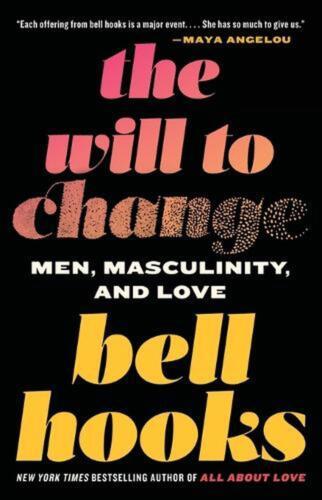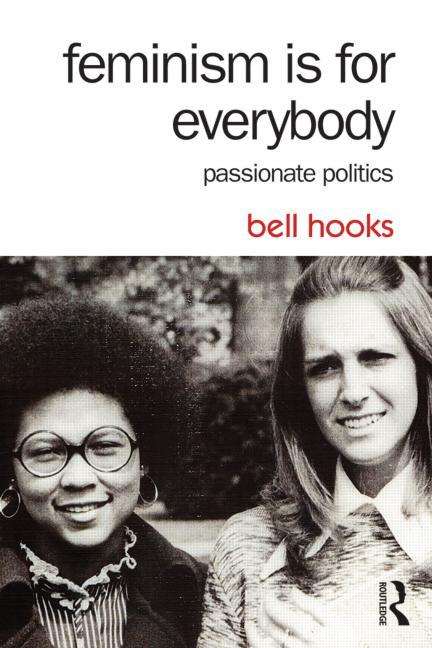The Will to Change a Review by CL@Re
There are seldom books you come across that change your perspective. Sifting through lots of reading material you may every once in a while happen upon a gem of a book that alters your perspective in a seemingly permanent and life changing way. For me, this book found it’s way on the list of books that have changed my outlook in particular on the effects of patriarchy on men. After reading Feminism is for Everybody by the same author I was left with a general framework and historical context on the subject but genuinely missed how this concept could relate to my role as a self identifying “Man”.
The author begins with examples from her own life of the different experiences she has had with the men in her life and the roles that men seem to be forced to play which negate their own self expression. The relationships that grow within patriarchy are often filled with distance, domination, emotionless love, and restricted self-expression. Men become typecasted in a sense and forced into a role of emotionless dominator of the ones closest to them they should express the most to. A learned suppression of any broad based emotional expression for Men can cause them to become repressed and find expression only through obsession with sex and their sexual performance and a loss of emotional intimacy. The author also makes points on the burden of work on men in being the sole provider, caretaker, and protector.
The media is pointed out not only as a means of catharsis through pornography and violence as a way of placating carrying the often sole burden of “putting the food on the table” and playing the role of emotionless dominator who heads the household but also as a manipulating guide of masculinity and portrayal of how a man is suppose to act. Men become indoctrinated even through familial relationships that to be a man is to be violent and disconnected from family life and society and there are appropriate circumstances that rage and violence can be expressed and should be expressed as definitive of what it is to be a Man. Women’s and Men’s roles as parents are analysed as to how they perpetuate patriarchal behavior in their sons. Women, in how they sometimes can enable the alienation of their own sons through their own submission to their partners domination and neglect, and Men, in condemnation, violence, withholding emotional love, and rejection as a means of building relationships with their sons. Women in relationship with men are often so affected by patriarchy themselves that when a man is able to express himself in a non-patriarchal way it can be taken as not being “manly” or being “feminine” which works two-fold to condemn Men’s acknowledgements of themselves outside of the narrowly defined role of patriarchy but also to ascribe to the behavioral role traditionally seen as feminine and something uniquely inherent in women but manifested in Man as weak, connoting that behavior as not becoming of a man and invalidating those modes of emotional expression for men.
It is put forth that men tend to buy into these patriarchal modes of expression out of despair, their own emotional deprivation and that the rewards of domination and power are not enough to make up for the disconnect. In the long run the consequences outweigh the rewards and the rewards aren’t all they’re cracked up to be. In the end the author espouses the need for both men and women to allow for and create spaces where men can express themselves emotionally and in different ways to allow the shedding of the old patriarchal way of thinking and defining oneself as a man. This not only aides in manifesting the environment to nurture change but encourages men’s acceptance and willingness to change.


